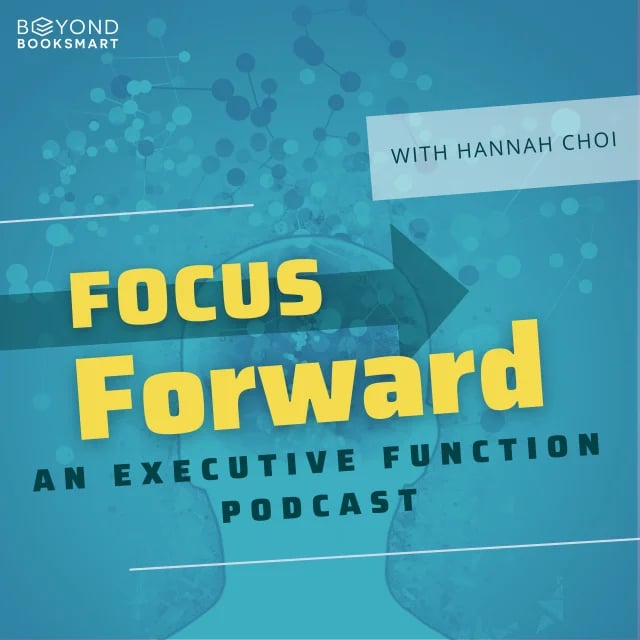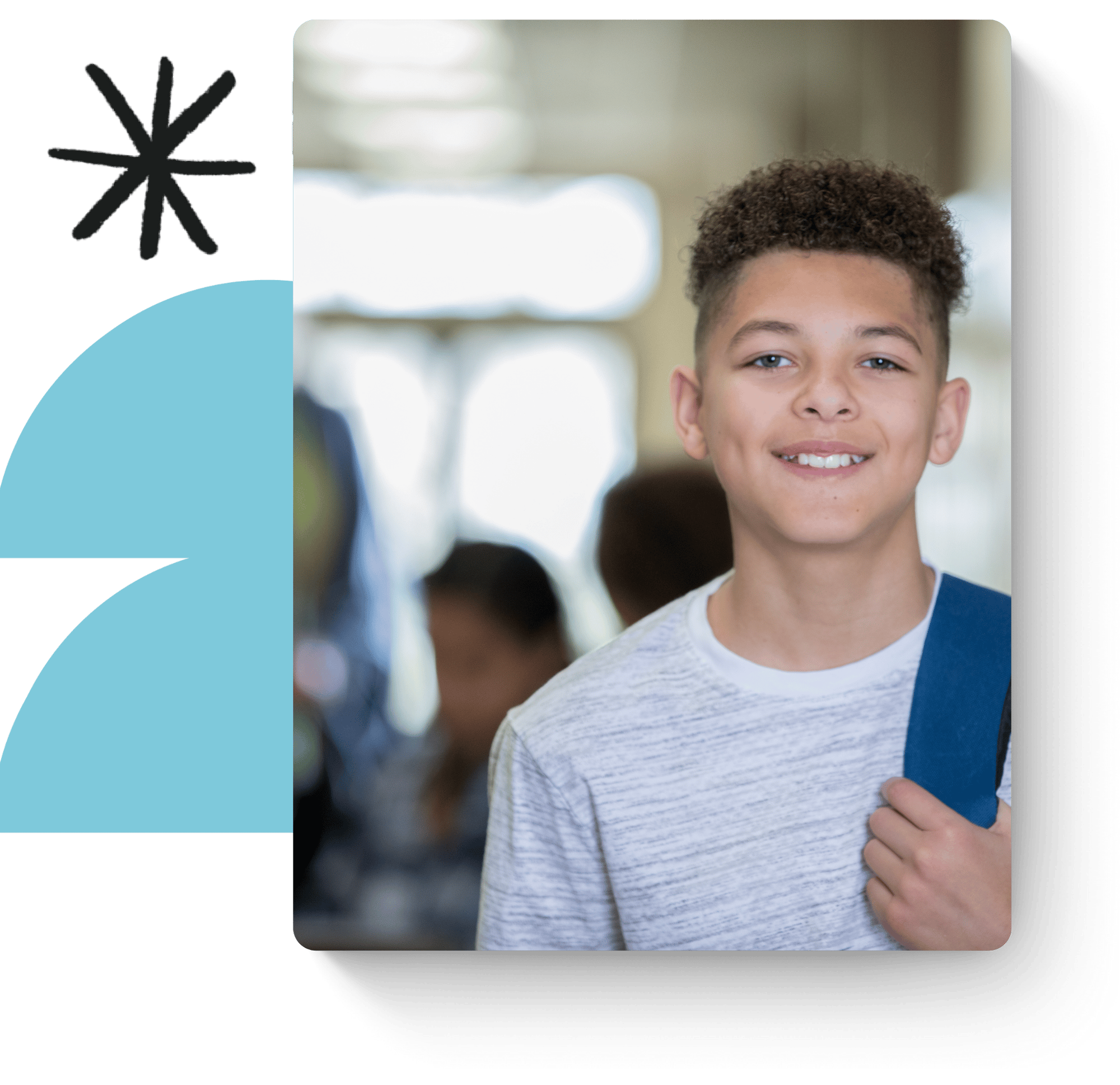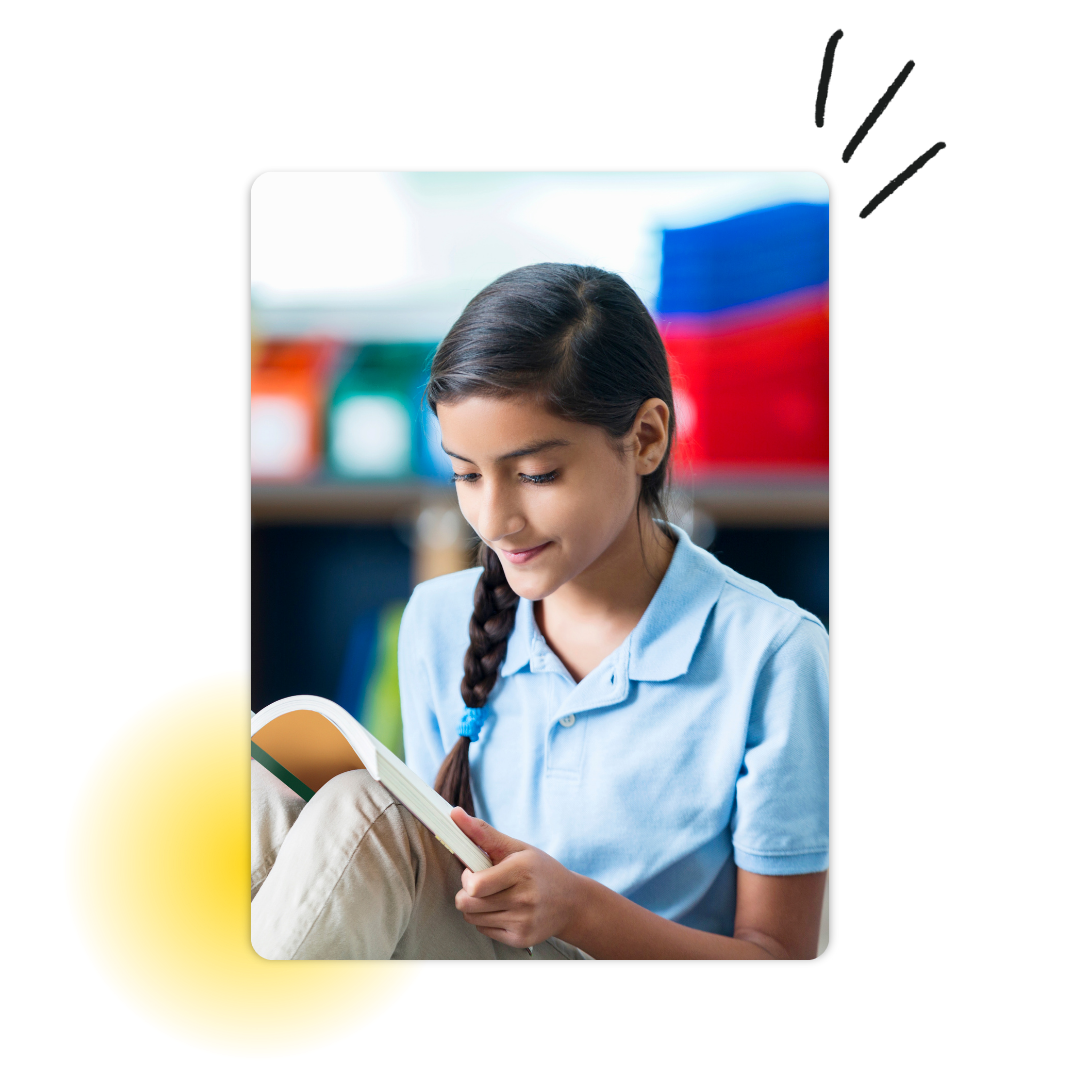
For many people (especially those with Executive Function challenges), managing money can be really stressful. If you can relate...
Discover how our coaches can help develop executive functioning schools for middle school students, along with ways to tell if a student is falling behind. Contact us today to help your child build the life skills they need to thrive at school, home, and beyond!

Take our short assessment and receive free resources to help support your student's #1 Executive Function challenge area.
.png?width=940&height=788&name=Student%20EF%20Assessment%20Graphic%20(2).png)
Some students struggle to develop Executive Functioning skills at the same pace as their peers. If a child is having a harder time building these skills parents and teachers may notice:
Coaching offers a way to build critical Executive Functioning skills step by step, with guidance that’s tailored to each student’s unique challenges. Instead of simply telling students what to do, coaches teach them how to do it: breaking big projects into smaller steps, experimenting with systems to stay organized, and practicing strategies to manage distractions. Over time, students gain the confidence that they can handle school demands on their own.
Coaching doesn’t just help in the moment. It equips students with lifelong tools they can carry into college, careers, and beyond. Learn how our incredible coaches can boost executive functioning for middle school students!

Whether you’re a parent or teacher, there are lots of methods you can try to support middle school students as they develop strong Executive Function skills. From setting up simple routines that make organization easier, to encouraging short planning sessions before tackling homework, to modeling how you manage distractions in your own day, these small but consistent efforts make a big difference. When adults provide structure and gentle guidance, students begin to see that these skills can be learned, practiced, and improved over time. Learn about some of the executive functioning lessons for middle school students our coaches use:

One common problem is that students often forget reading materials for English class. That book is another item to keep track of and it's usually a smaller object amidst the bulky binders and heavy textbooks. As for keeping track of the book itself, a three-hole punched zippered pouch can work well as a dedicated holder for the current paperback your child’s class is reading. It can’t slip and slide to the bottom of the locker or scatter onto the floor in a rush to pack up at the end of class. A post-it note reminder attached to the front cover to return the book to its home can help students maintain this habit.
Sometimes a student can feel like there's an immense mountain of work ahead of them - and no amount of slogging away can ever make a dent in it. In order to tame those emotions and reality-check the situation, we like to collaborate with students to create a plan for the night called a "Fast Break." This strategy is simply to list exactly what the student plans to do and when, while also planning out sensible and time-limited breaks to recharge and refocus. For example, they may list "math worksheet" first, because that will require the most brain power. Next to it, write down the time they'll begin and the estimated time they'll finish. Keep writing down start and finish times, in order, until all the assignments are accounted for. This provides a guide for a student to know if they are on track - they simply look at the Fast Break list, check the time and what they're working on, and they'll see if they're running ahead or behind schedule. This strategy transforms a disorganized "too much to do" feeling into a confident, focused "I have a plan" attitude.

Who doesn't feel distracted when trying to work with a phone nearby? It's typical to hear students say that their homework takes "forever" - yet the biggest culprit that is stealing their time is right under their noses. Students can fool themselves by thinking that they can multitask while doing homework: a few texts here and there and a TikTok video (or 20), and before they know it, that 30-minute assignment has taken them 2 hours. The key here is to ask your middle schooler to simply experiment one night by having their phone safely out of reach (and their laptop on "do not disturb") while they do their work. Maybe you could model this experiment alongside them, to show that you'd like to better control your own distractions. Look at the results of the experiment together. Did you both finish your work more quickly? What did it feel like? Can they imagine trying this on their own? It's not easy to convince a student to put down their phone, but small experiments like this can reveal to them the costs of working while distracted and help them make smart choices about their technology.
A messy backpack, crumpled papers, and missing assignments can quietly chip away at a student’s confidence and grades. Often, disorganization isn’t about being careless - it’s that students haven’t yet built systems that work for them. One way to turn the tide is by introducing a simple “end-of-day reset.” At the same time each afternoon or evening, set aside just 5–10 minutes to sort papers into the right folders, tuck materials back into their spots, and make sure tomorrow’s essentials are ready to go. Parents can help by setting a visible reminder or even doing their own “reset” alongside their child to make it a shared routine. With consistency, these small resets prevent last-minute scrambles and help students walk into class with the right materials - and the right mindset.


Whether you're a parent looking to better support your child or are simply looking to improve your own Executive Function skills, this podcast is for you.

For many people (especially those with Executive Function challenges), managing money can be really stressful. If you can relate...
Check out our variety of resources and tips on Executive Function support, ADHD, mental health, and more.
Job searching can be hard for anyone, but for adults with ADHD, it often feels uniquely exhausting, perhaps even bordering on...